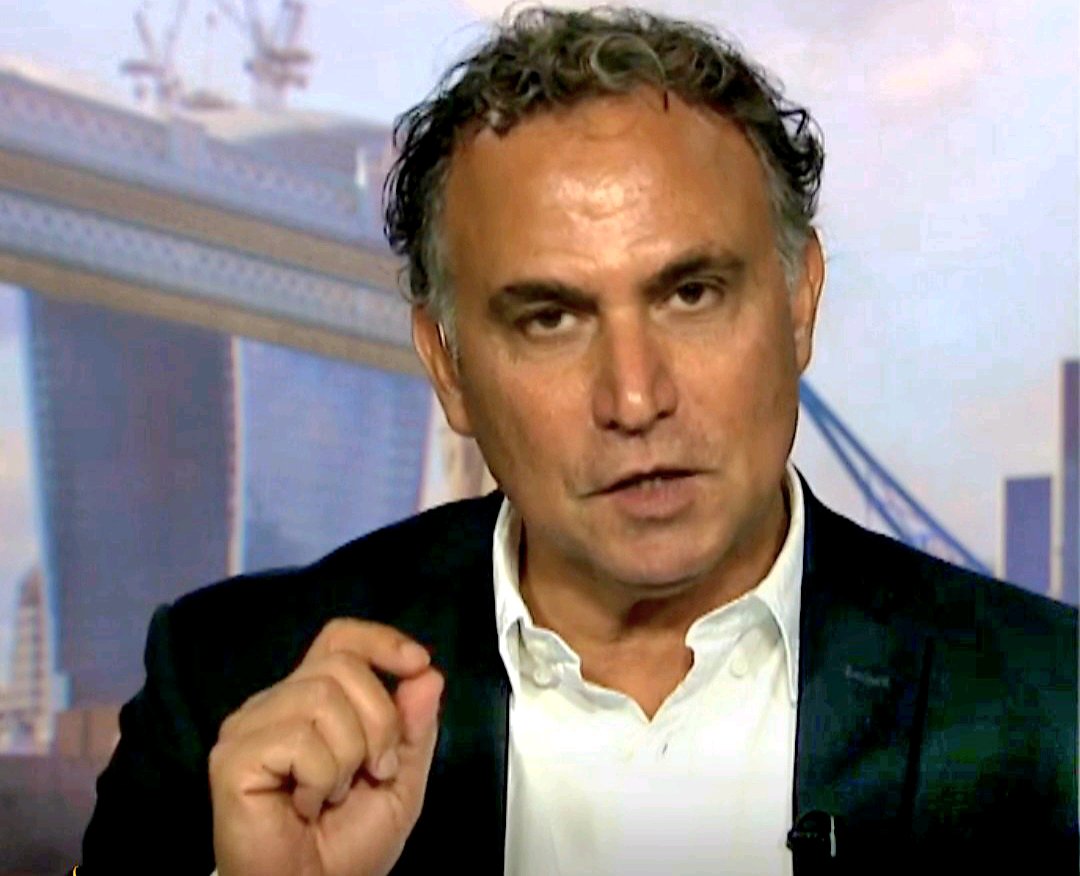According to a report by Al Jazeera, senior political analyst Marwan Bishara says uncertainty surrounds former US President Donald Trump’s 20-point plan for the Gaza Strip because “nothing is set in stone.”
Bishara describes the proposal as “very ambiguous” and “quite problematic,” noting that “its earlier version … looks like an Israeli plan.” He adds that Qatar has taken on a “crucial role” in attempting to modify the plan so that it becomes “a bit more objective, a bit more credible, than the way the United States presented it.”
The analyst highlights Qatar’s diplomatic efforts to reshape the proposal into one that could be accepted by multiple parties in the region. According to Bishara, these efforts aim to ensure that the initiative reflects broader international perspectives rather than primarily serving Israeli interests.
Bishara also recalls that Israel’s attack on Qatar in September served as a pivotal moment in the diplomatic process, influencing progress toward a potential Gaza agreement. The incident, he explains, angered both Washington and Trump himself. “It really angered the Americans. It clearly angered Trump; Trump was no longer the unconditional supporter of Netanyahu from this point onward,” Bishara remarks.
He adds that the aftermath of the attack prompted a significant response from Arab and Muslim-majority nations. “The Arab and Muslim-majority countries summit in Doha after that was the catalyst for the new pressure on Washington to stop playing ball [with Israel],” Bishara explains.
The Doha summit marked an important shift, as regional leaders sought to push the United States toward adopting a more balanced approach to Middle East peace efforts. Analysts suggest that Qatar’s mediation, combined with growing Arab unity, has reshaped the diplomatic landscape and forced Washington to reconsider its stance.
Bishara concludes that the evolving dynamics underscore the region’s determination to play a greater role in shaping peace initiatives, ensuring that future agreements take into account the interests of all sides rather than being dominated by a single narrative. See, More, Here>>>
Explore More News By Using The Button Above

